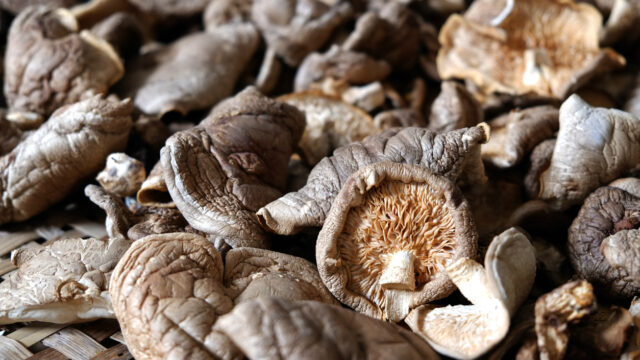Go ahead and pile on the mushrooms the next time you order pizza or make a creamy risotto.
Increasing your intake of edible fungus might help you avoid the health hazards associated with the Western-style diet (WSD), which generally includes a lot of fatty foods and added sugars.
Obesity, Type 2 diabetes, heart disease, some malignancies, and a slew of other chronic health problems are all linked to fatty and sugary diets.
Researchers from the University of Massachusetts Amherst looked at how modifiable variables including nutrition and lifestyle, as well as metabolically linked gene polymorphisms, interact to affect the development of chronic illnesses.
The researchers set out to find metabolic targets that may be exploited to prevent or cure obesity and insulin resistance.
“One of the fundamental processes that contributes so greatly to the development of WSD-related disorders is assumed to be intestinal dysfunction,” said nutritionist Zhenhua Liu, Associate Professor in the varsity’s School of Public Health and Health Sciences.
In prior research, the scientists discovered that high fat diet-induced obesity depletes a seldom researched bacteria called Turicibacter, but not hereditary obesity.
They discovered, however, that sundried oyster mushrooms, which are found all over the world, have a unique nutritional composition that is rich in many elements that are lacking in a Western-style diet, such as dietary fiber and vitamin D.
“As a natural whole food supplement, it’s a wonderful complement to increase the quality of Western-style meals, with the added advantage of enhancing our general gut health,” Liu said.
The physiological and molecular processes by which these mushrooms promote intestinal health will be investigated in Liu’s research.
The researchers will look at the mushroom’s interaction with Turicibacter in the context of Western-style diet-related intestinal dysfunction and the potential for changing the gut microbiota.
“We anticipate that our research will contribute to a better understanding of Turicibacter’s involvement in dietary obesity and gut health,” Liu added.
“It will also give crucial information into mushrooms as a whole-food strategy to improving WSD and gut health,” says the researcher.







